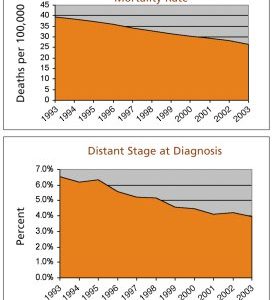
One Man to Another: Drug Therapies for Advanced Disease – A Positive View
I’m the Secretary of the URF Board and a patient of Dr. Catalona. He performed my radical prostatectomy in September 1997. I’ve written in Quest for over 5 years. I study and write and counsel and lecture, but I am…





